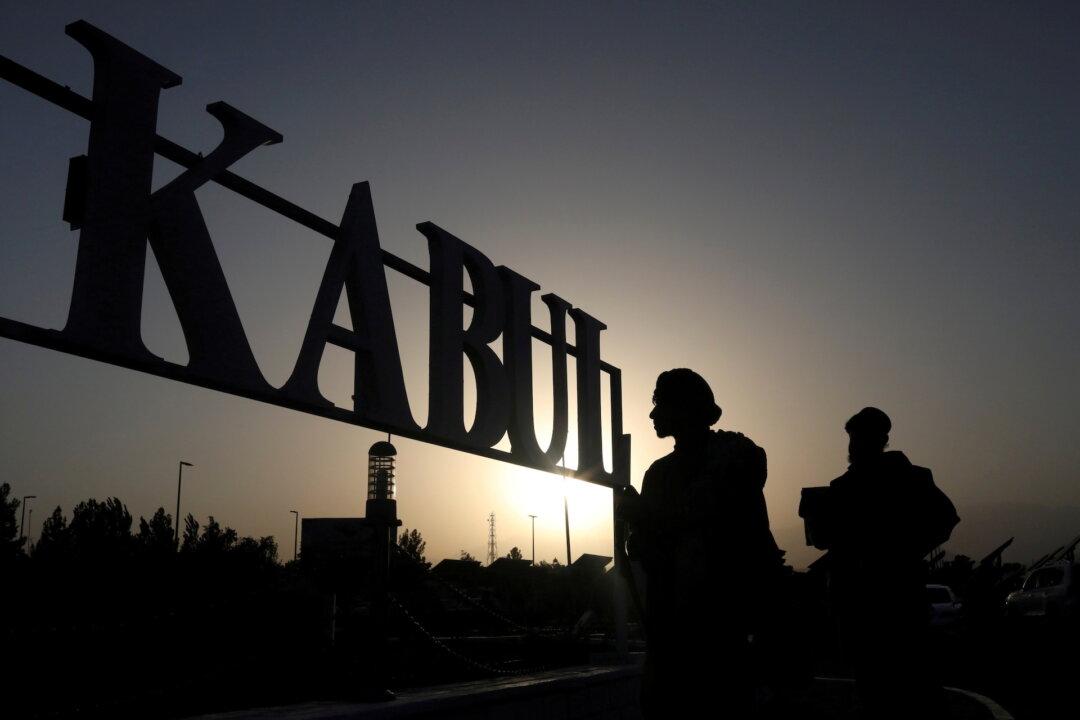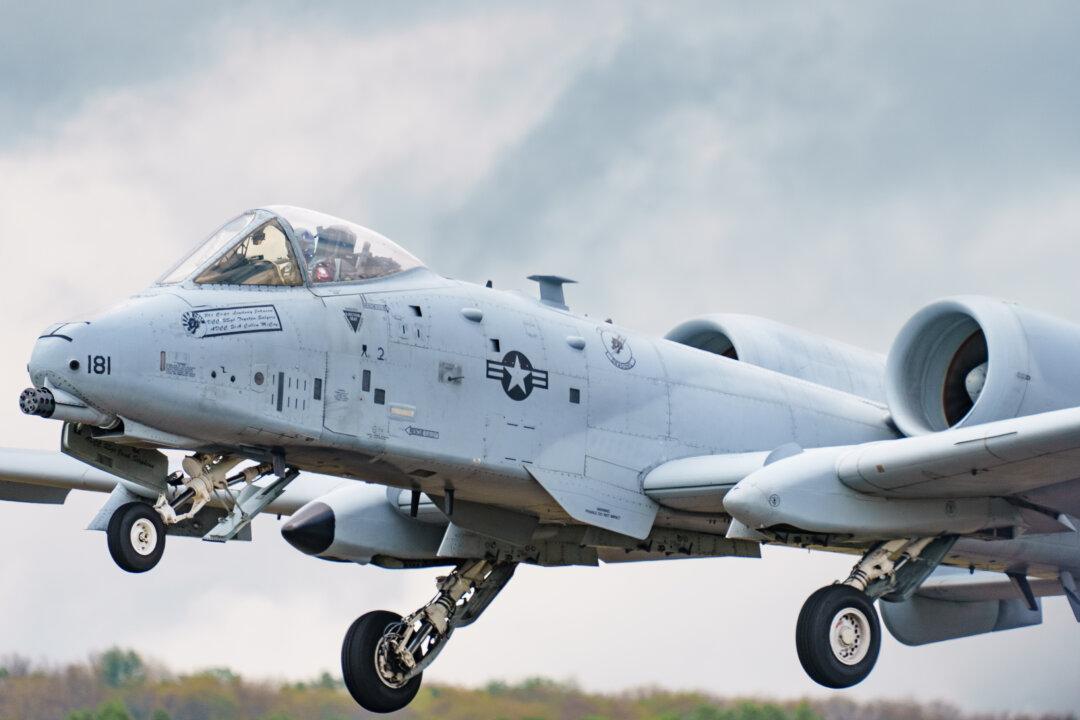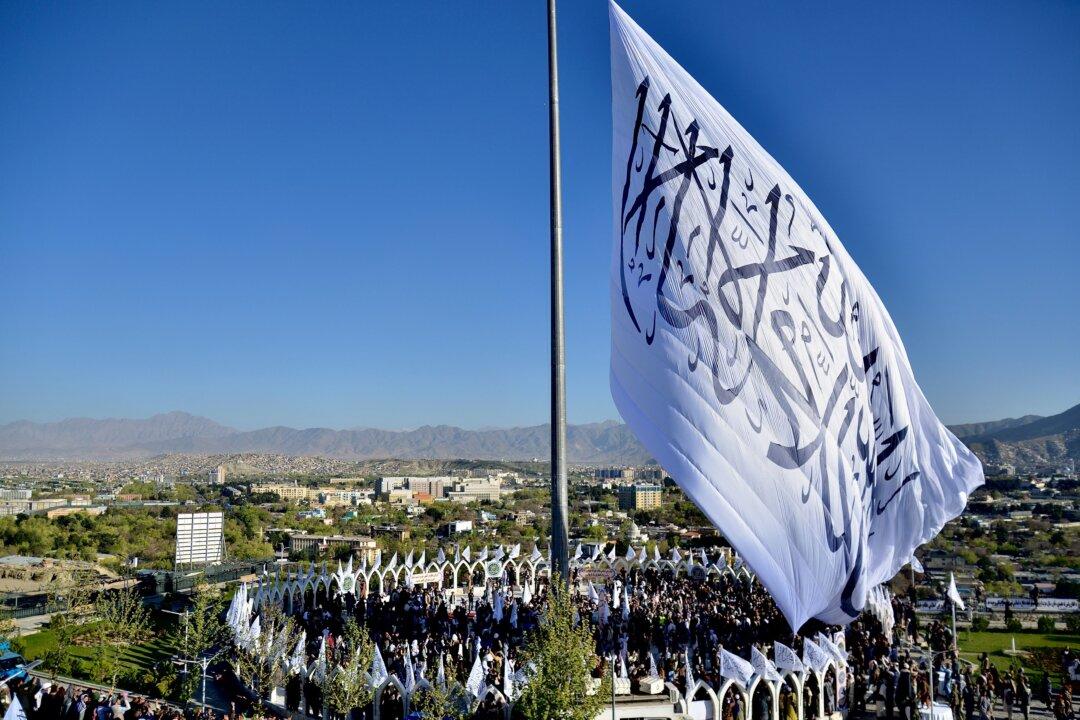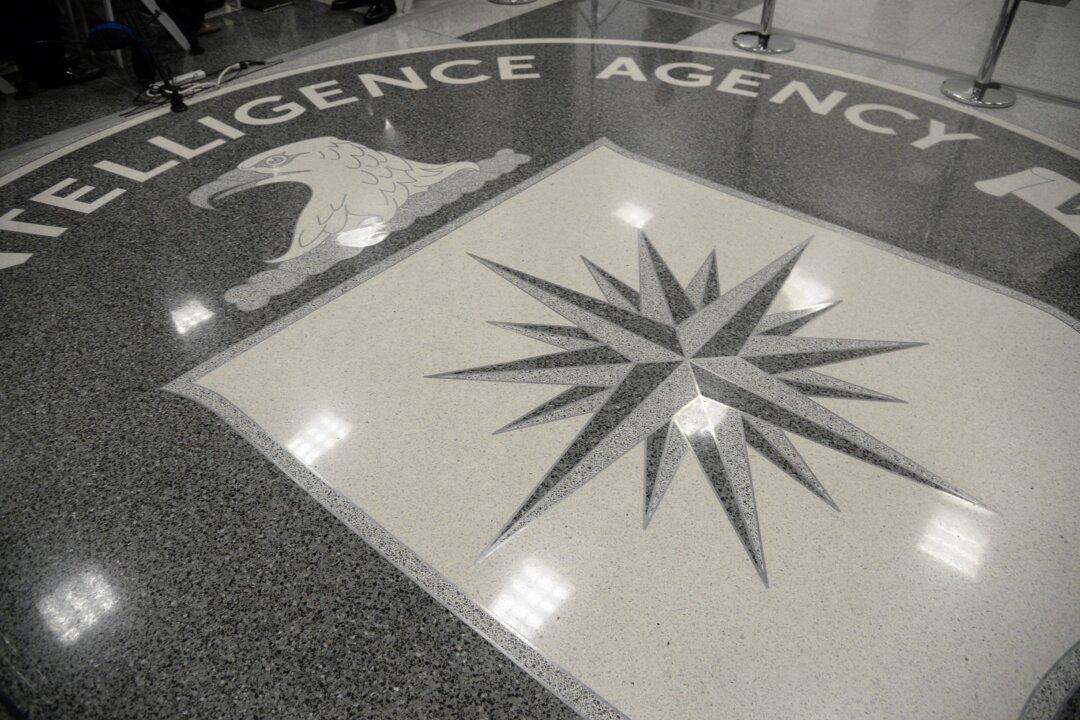Commentary
A major road to weakening the Taliban goes through Islamabad and its notorious Inter-Services Intelligence (ISI). Anti-Taliban strategy can’t work without dealing with the ISI. One such possibility could be to offer to recognize Pakistan’s nuclear arsenal as a fact in exchange for suspending support for the Taliban; however, that would upset India.





